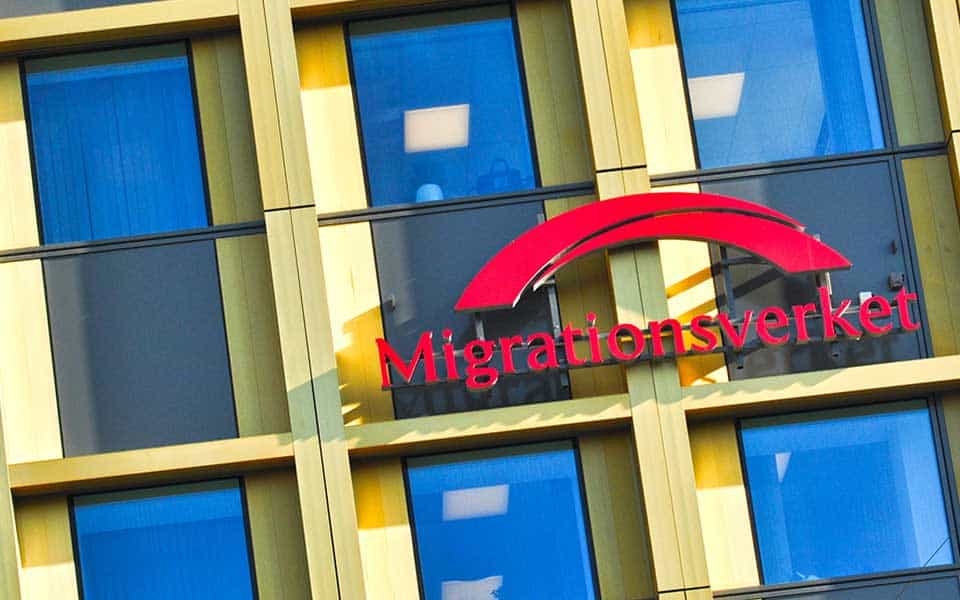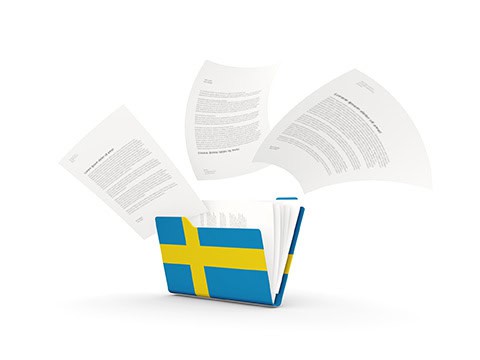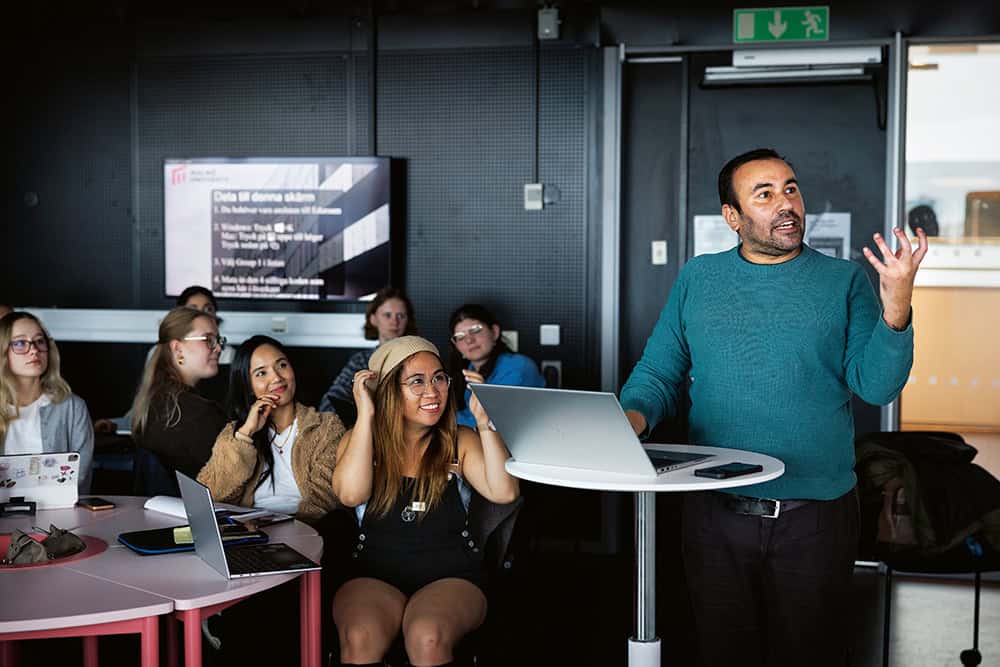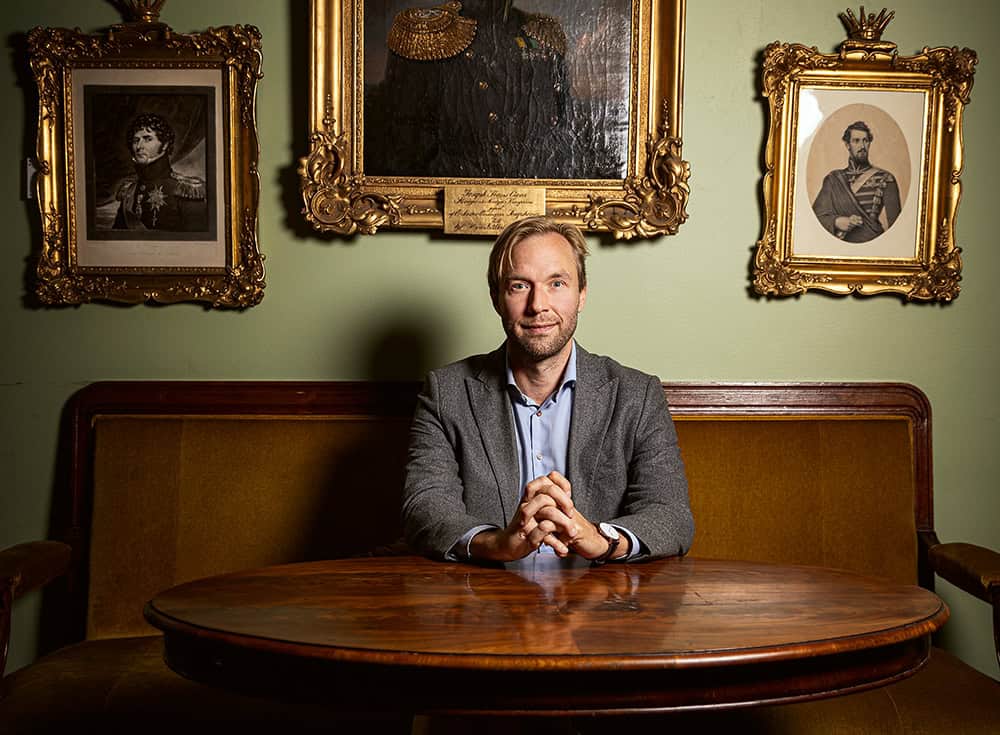The SULF Doctoral Candidate Association, SULF-DCA, has been working on the report for two years and has conducted extensive interviews with around 40 international PhD students.
“We asked all the interviewees whether they would recommend other international researchers to come to Sweden,” says Aimee Miles, a spokesperson for the SULF-DCA board. “The answer was an overwhelming no.”
Aimee Miles believes that new PhD students are misled by the official image of Sweden’s inclusive, internationalised higher education system. The reality they meet when they arrive is completely different.
“It is a system that is fundamentally unequal in nature,” she says. “As a third-country doctoral student or researcher, you are relegated to second-class status. The people we interviewed felt that migration policy was structured to ensure that they fail, and that they were hostage to arbitrary and arcane bureaucratic processes.”
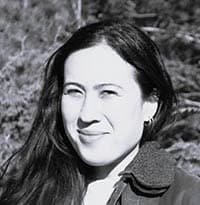
Aimee Miles
Spokesperson, SULF-DCA board
SULF-DCA shows in the report that PhD students and postdocs from non-EU/EEA countries face major obstacles that other PhD students do not: long processing times, opaque and inconsistent criteria for assessment of permit applications, systematic unfairness, lack of opportunities to apply for long-term residence status and limited possibilities to appeal the Migration Agency’s decisions.
The people interviewed provide evidence of a harsh parallel reality for researchers from third countries. Sweden’s migration policy makes them feel marginalised professionally and that their research opportunities are limited. The report also shows a reduced quality of life and significant consequences for the mental health of PhD students.
According to the report, universities are not doing enough to support PhD students. Many supervisors and administrators do not have the skills required to communicate with the Migration Agency.
“Doctoral students often feel that they do not get support from their departments, their supervisors or the university administration in general,” says Miles. “Universities need to do a better job of supporting international researchers, not just make broad statements about the importance of internationalisation.”
Many of the interviewees in the report regret that they chose to move to Sweden, and not to another country. The conclusion is that Sweden is no longer an attractive country for international early-career researchers.
The report can be summarised very simply: Sweden urgently needs to reform its migration policy for international researchers from non-EU/EEA countries.
Unequal situation
International doctoral students from countries outside the EU/EEA cannot leave the country while waiting for renewal of their residence permit. Long processing times at the Swedish Migration Agency therefore prevent many international doctoral students from travelling outside Sweden for a large proportion of their employment period. Since international mobility, for example for conferences, research collaboration and teaching, is so important for an academic career, this is a major disadvantage for international doctoral students.
Additionally, they face a double vulnerability: on the one hand, international doctoral students are completely dependent on their supervisors and higher education institutions to keep their residence permit, putting them at risk of subjective treatment or lack of support. On the other hand, all doctoral students have a limited amount of time available to devote to their thesis project. When delays occur due to migration problems, international doctoral students have to bear the time costs themselves. This often means that international doctoral students have to make compromises in their thesis project that other doctoral students do not.
Source: Aimee Miles, SULF-DCA



